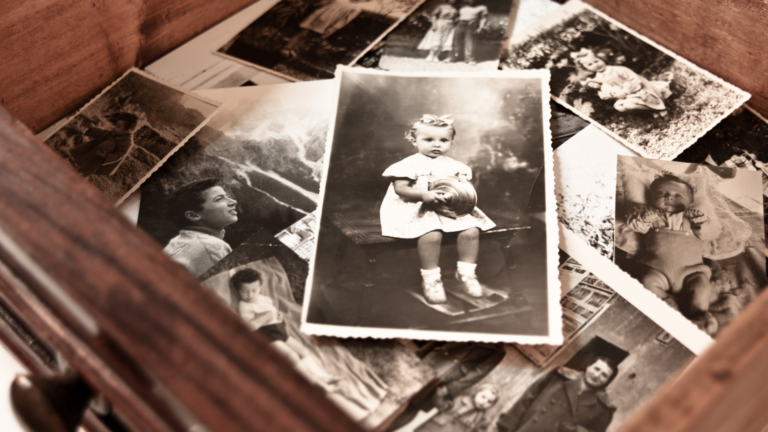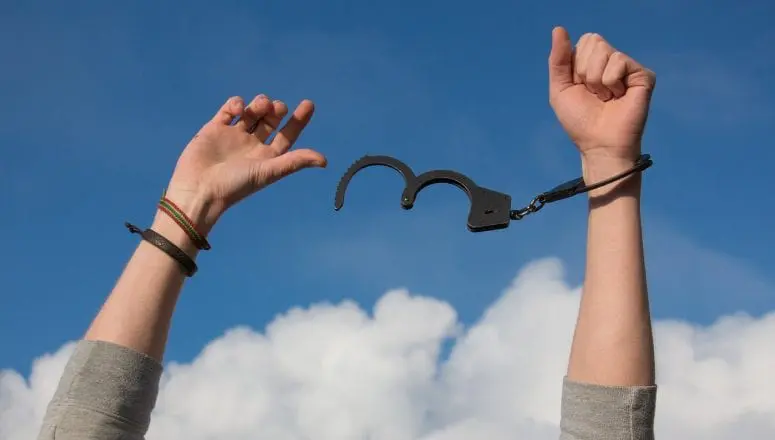Help Your Toddler Overcome Their Fear of Water: 5 Practical Tips for Parents

If your toddler is uncomfortable around water, they might have aquaphobia, a common fear of water in young kids aged 1-2.
This phenomenon causes them to become hyper-aware of their surroundings while near or in a body of water. They start feeling anxious and stressed out in this new and unfamiliar environment.
For some kids, it may be a lifelong phobia. But even kids who get over their fear of water as they grow older are prevented from learning one essential life skill: swimming.
If you want to learn how to address your child’s aquaphobia in a safe and fun way, we’re here to help. In this blog, we’ll explore how you can help your toddler overcome their fear of water. We’ll also discuss how regular kid’s swimming lessons assist them in building confidence and life-saving skills.
Five Strategies to Help Your Toddler Beat Their Fear of Water
Here are some fun strategies you can try to help your child conquer their fears:
Talk to Them
The first thing you must do to help your kid is talk to them and ask them what exactly they fear about water. Some children have a general fear of the water, while some are afraid of specific experiences like getting water up their noses.
By knowing your toddler’s fears, you can make them feel supported and understood. Moreover, identifying what your child is afraid of will help you develop a comprehensive strategy on how to overcome them.
Immerse Them Gradually
Gradual immersion is important when helping a child overcome their fear of water. It allows them to get used to being in the water in a safe environment and at a comfortable pace.
If your kid is afraid of large bodies of water, you can start the immersion process by taking them to a local pool and letting them dip their toes in the shallow parts for short periods.
Once they get comfortable with the feeling of the water, encourage them to explore the area and praise them for every step they take. After a while, ask them to move deeper and reassure them that they’re safe.
Remember, positive reinforcement is essential in this stage. You must help your child make great and fun memories with the water. This way, they’ll feel more comfortable the next time you go to the pool.
Join Them
According to the Academy of American Pediatrics (AAP), parents must constantly stay within arm’s length of inexperienced swimmers playing in the water. But aside from being a safety measure, your parents can help your kid feel more comfortable in the water.
Some toddlers feel more safe and secure when their parents are with them. So, with this in mind, we recommend that you join your child on their first few times in the water.
You can carry them or hold their hand while they play. After a while, gently move away but never leave their sight. Sometimes, seeing you alone is enough for them to feel at ease.
Give Them Fun Swim Gear
Colorful swim gear like goggles, life jackets, and floaties will help your toddler feel more comfortable and confident about entering the water.
What makes swim gear great is that it makes your child’s swimming experience more fun and safe. The goggles will prevent the water from getting into their eyes, which is a common anxiety for most kids, and the life jackets give them an extra layer of buoyancy.
By giving them the right equipment, you’re setting the stage for a fun and safe time in the water.
Enroll Them in Swimming Lessons
Swimming lessons are one of the most effective tools for overcoming aquaphobia. Not only do these classes help kids enjoy the water, but they also teach them essential water safety skills that can save lives.
The AAP says that formal lessons can reduce the risk of drowning. These classes use exploration and play-based activities to teach toddlers how to stay afloat in the water, which can be valuable during emergencies.
Moreover, swimming lessons have excellent physical and mental benefits for children. Studies have shown that swimming promotes muscle development and cardiovascular health. Regular lessons will help strengthen your child’s heart and lungs.
Aside from this, it can also aid in building their cognitive skills. Researchers from Griffith University in Australia found that children who learned how to swim at an early age have more advanced motor skills than those who don’t.
Ultimately, swimming lessons will foster the confidence that your toddler needs to have fun in pools and beaches.
Help Your Kid Become A Better Swimmer
In conclusion, patience and understanding are key when it comes to helping your toddler overcome their fear of water.
By taking the time to acknowledge and understand their fears, you’ll be able to create a safe environment where they feel supported and encouraged.
Remember to trust the process. Let your toddler discover the beauty and wonders of the water at their own pace. To learn more about the benefits of swimming lessons for kids, visit Bear Paddle’s website here.









